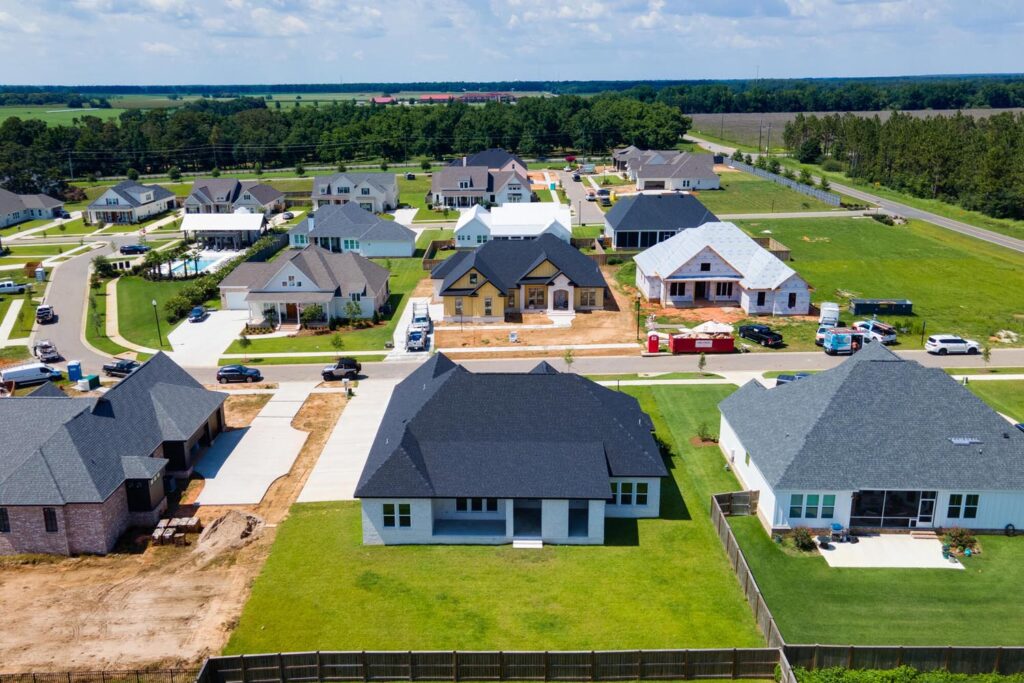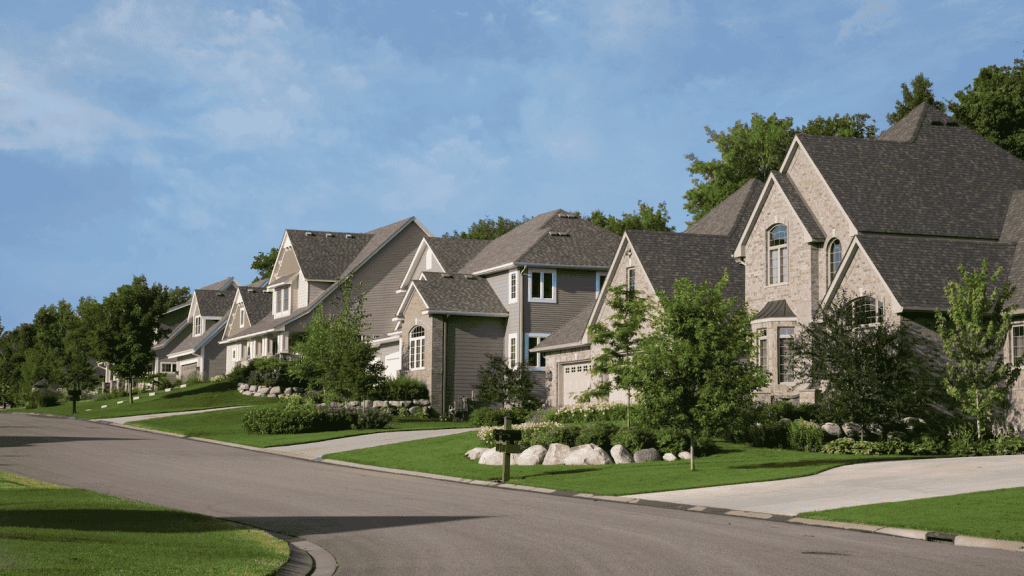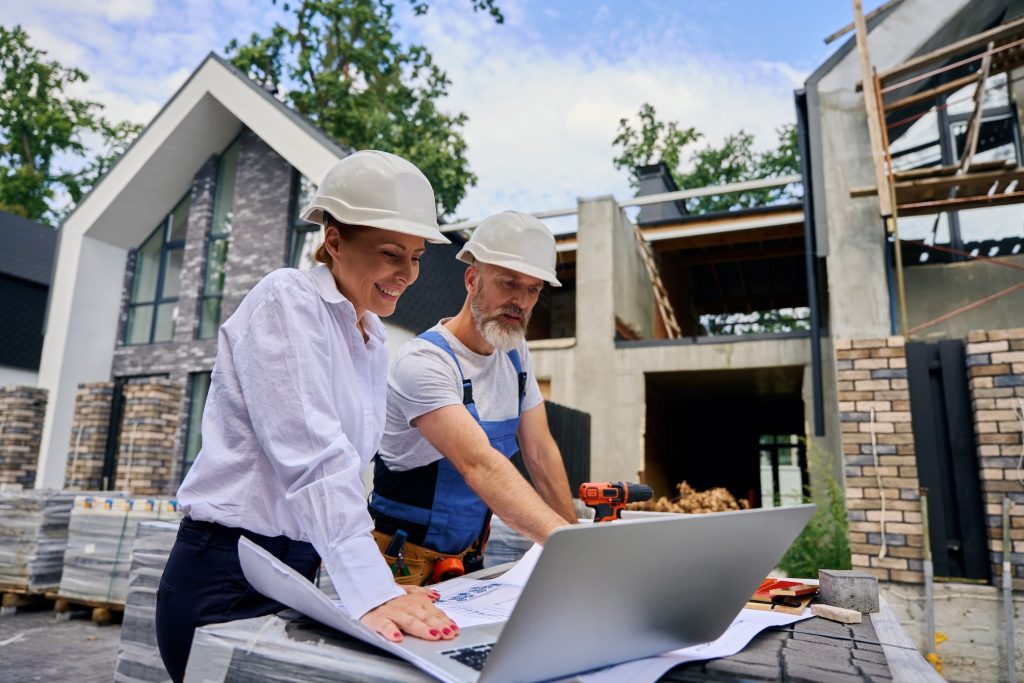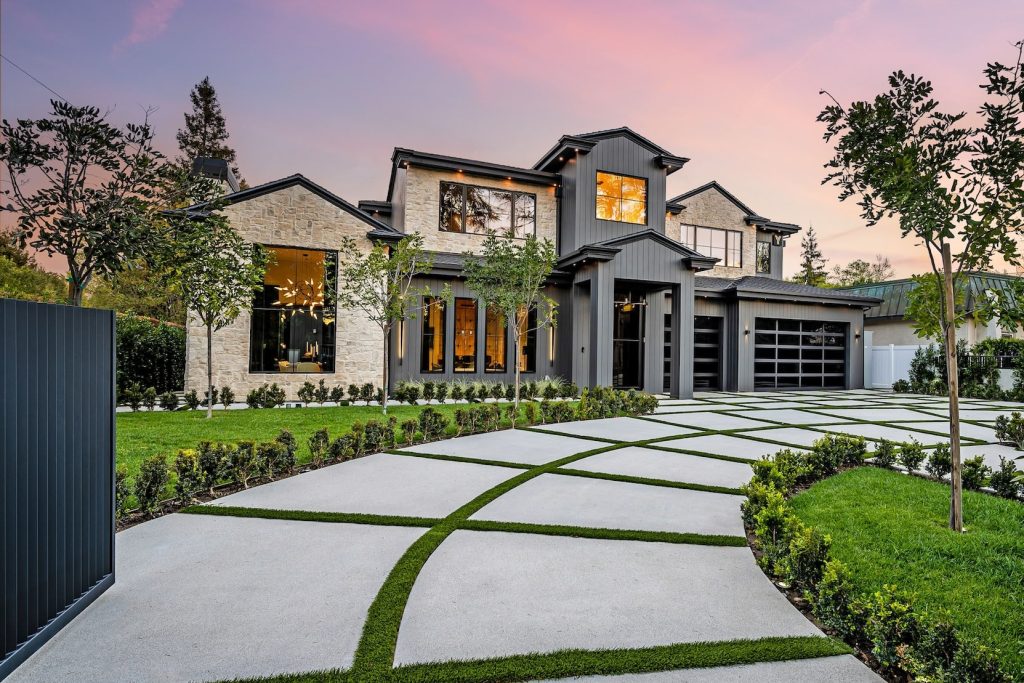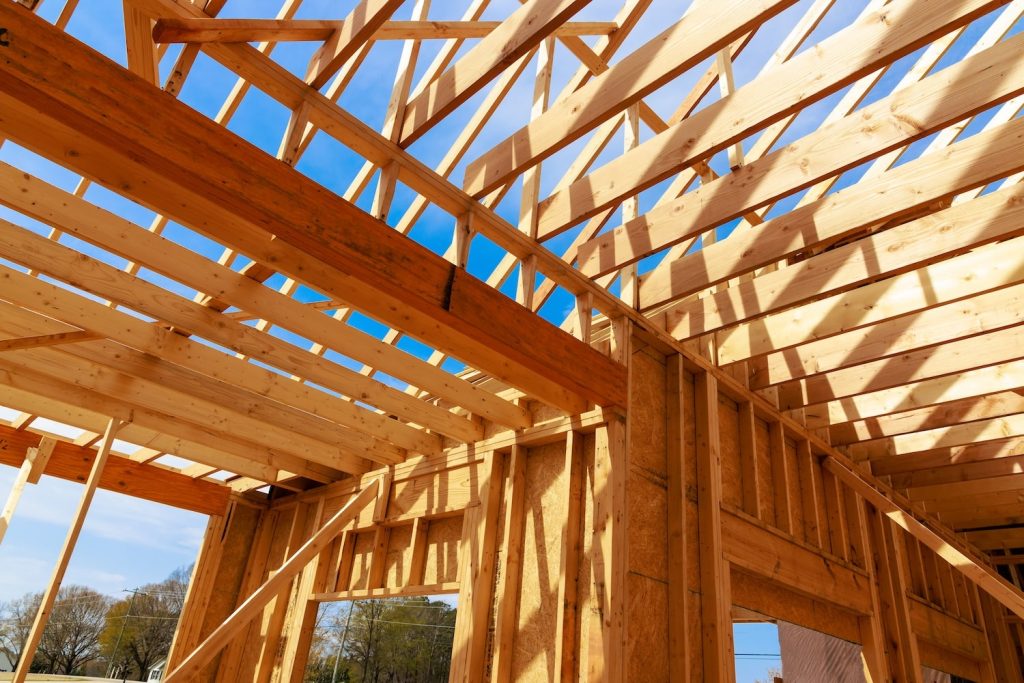As an experienced custom home builder with over forty years of experience, it’s important to know that no two custom home projects are the same. Each home is a unique reflection of the homeowner’s vision, lifestyle, and needs. That said, one of the most common questions we hear is, “How long will it take to build my custom home?” The answer depends on several factors, including the design complexity, location, and various construction variables.
While we can provide general guidelines based on our decades of experience, it’s essential to have realistic expectations. Building a custom home is an intricate process that requires careful planning, attention to detail, and flexibility.
Whether you’re planning to build on the Gulf Coast or elsewhere, the timeline can vary depending on several factors. Here’s what you need to know about building your dream home.
How Long Does a Custom Home Usually Take to Build?
On average, it takes about 10 to 16 months to build a custom home. However, this can vary based on the complexity of the design, location, and the efficiency of the building team. It’s important to plan accordingly and have realistic expectations.
When you talk to your custom home builder, they should outline a rough idea of your construction timeline. If they have custom-designed home plans to start from, they may be able to give you a more exact timeline.
Variables That Can Impact Your Construction Time
When planning your construction project, it’s important to remember that several factors can influence how long it will take. Some of these are within your control, while others—like weather and permitting—might be a little trickier to navigate. Let’s take a look at the key variables that could affect your timeline and how they come into play.
The size and complexity of your design have a direct impact on the construction timeline. Larger homes or those featuring intricate designs, custom finishes, or advanced technology will naturally take longer to build due to the increased amount of work involved.
Permitting and approval processes can also lead to significant delays. Securing the necessary permits from local authorities may take time, especially if your project requires multiple approvals or faces unexpected red tape along the way.
Weather conditions can be a wild card in your construction schedule. Rain, snow, or extreme temperatures—particularly in coastal or harsh climate regions—can halt work temporarily, causing your project to fall behind.
Availability of materials and labor is another variable that can extend your construction time. Supply chain disruptions, back-ordered materials, or labor shortages may slow progress, making it essential to plan carefully to mitigate potential delays.
The Average Custom Home Building Timeline
While each project is unique, there is a general timeline most custom home builds follow:
Design & Pre-Construction
This portion of your home build typically takes 3 to 6 months. In this stage, you’ll work closely with your architect and builder to finalize the design, choose materials, and secure any necessary permits. It’s all about solidifying the plans and setting a budget, so everything is in place before construction begins.
Construction Phase
The construction phase generally lasts between 7 to 10 months. This is where the real action happens—your home starts to take shape. From laying the foundation to framing and installing essential systems like plumbing and electrical, each step brings you closer to completion. Inspections along the way ensure everything meets building codes before adding the finishing touches.
How to Help Prevent Home Building Delays
No one likes to see their home build run behind schedule, but there are a few proactive steps you can take to minimize delays. By planning ahead and staying flexible, you can keep things moving smoothly, even when the unexpected happens. Here’s how:
First, plan thoroughly. It’s crucial to have all design details finalized before breaking ground. Changing plans mid-construction can lead to costly and time-consuming setbacks.
Next, make sure to communicate regularly with your builder. Clear and consistent communication helps you stay informed and allows you to address any issues as soon as they arise. A quick conversation can often prevent minor problems from turning into major delays.
Finally, prepare for the unexpected. Whether it’s a material shortage or a stretch of bad weather, building in a bit of contingency time for unplanned delays is a smart move—especially if you’re in a coastal area where weather can be unpredictable. A little extra time can save a lot of stress down the road.
Get Started on Your Gulf Coast Custom Home
Ready to start building your dream home? RHS LLC creates bespoke luxury homes on the Florida-Alabama Gulf Coast, from Gulf Shores to Pensacola and beyond.
From our professionally designed custom models to completely unique designs, we can bring your ideal home to life. Contact us today to get started.
